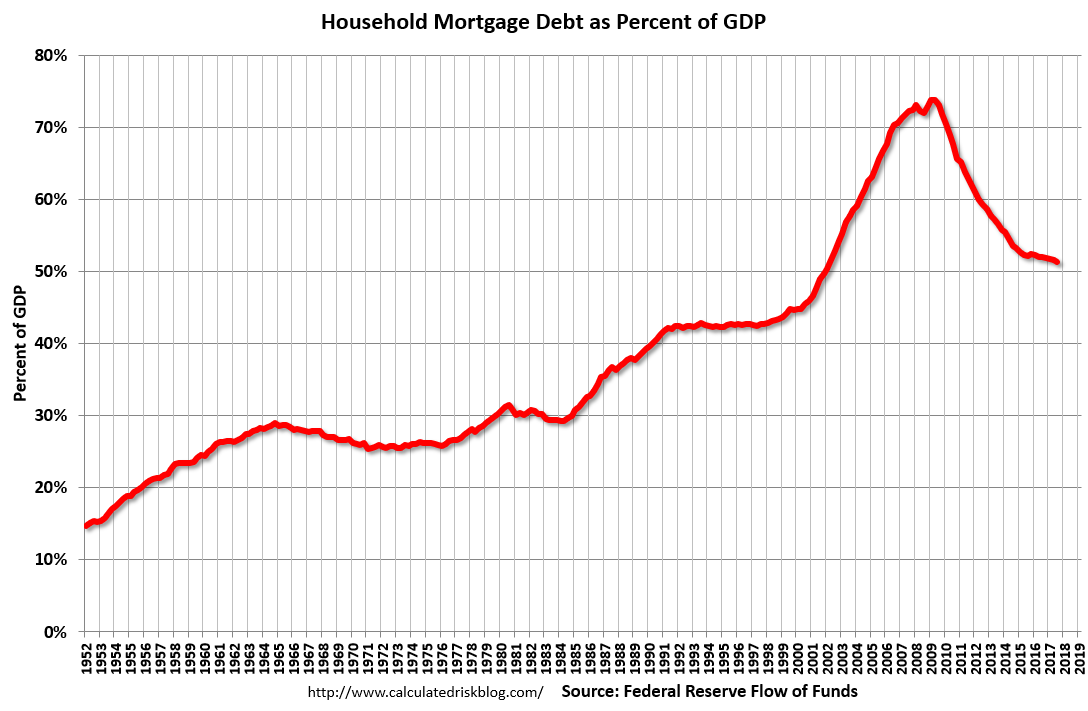Wednesday, February 21, 2018
Please note that in order to view the content for the
Bankruptcy Headlines
please
log in
if you are already an ABI member, or otherwise you may
Become an ABI Member
Thursday, February 15, 2018
Please note that in order to view the content for the
Bankruptcy Headlines
please
log in
if you are already an ABI member, or otherwise you may
Become an ABI Member
Thursday, February 8, 2018
Please note that in order to view the content for the
Bankruptcy Headlines
please
log in
if you are already an ABI member, or otherwise you may
Become an ABI Member
Thursday, February 8, 2018
Please note that in order to view the content for the
Bankruptcy Headlines
please
log in
if you are already an ABI member, or otherwise you may
Become an ABI Member
Thursday, February 1, 2018
Please note that in order to view the content for the
Bankruptcy Headlines
please
log in
if you are already an ABI member, or otherwise you may
Become an ABI Member



